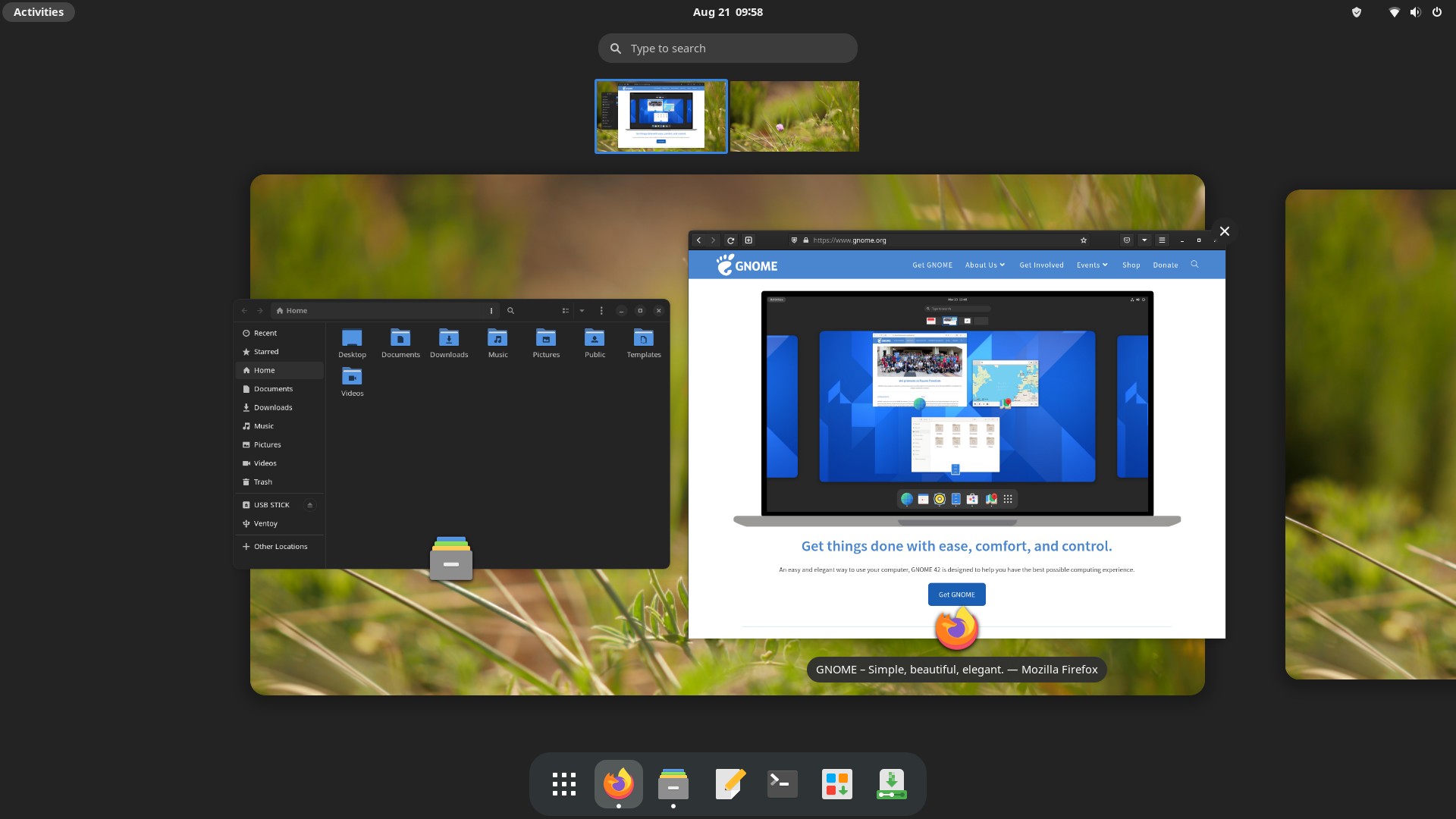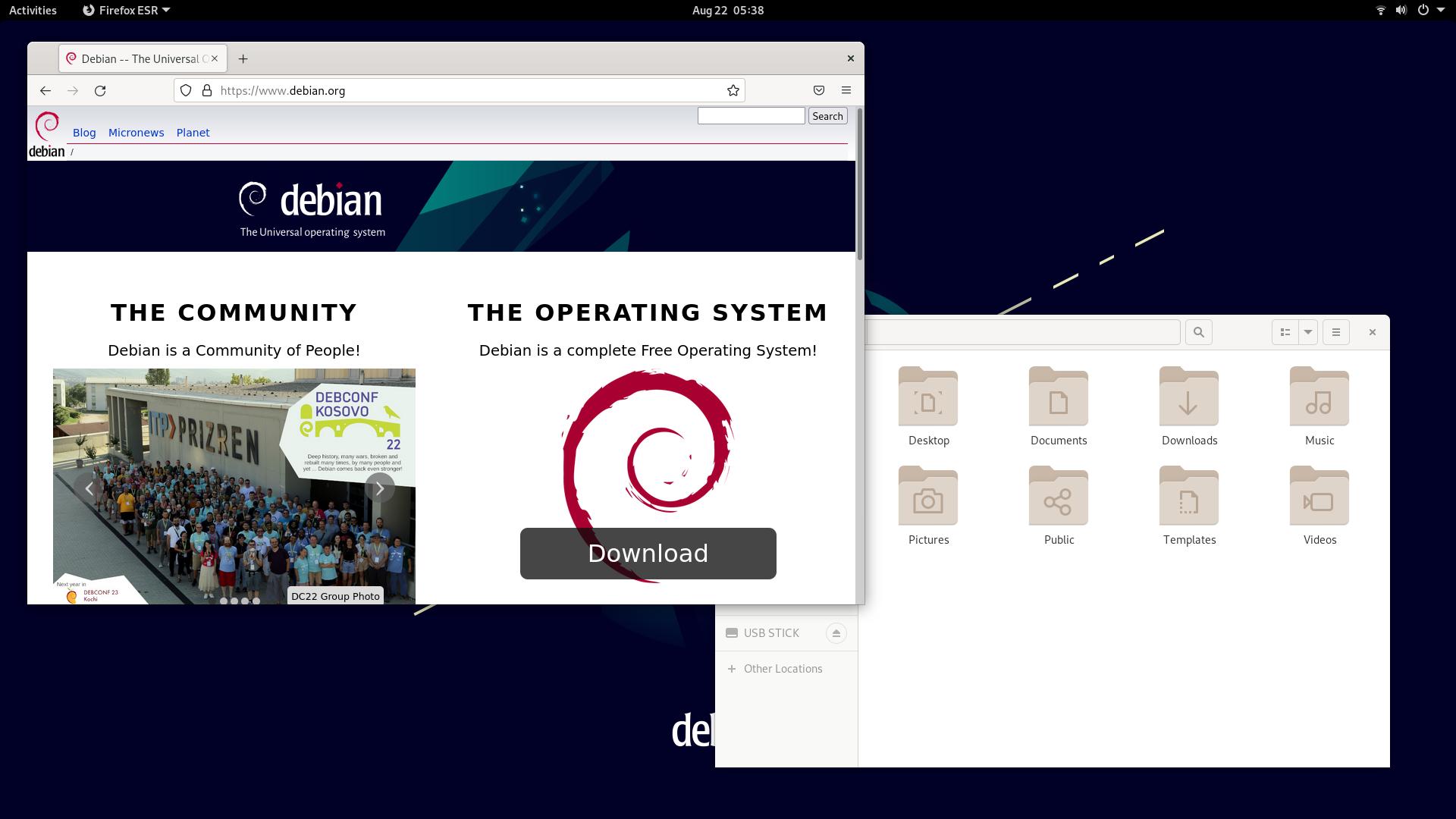Choosing a Linux Distro: Community-Based or Corporate-Backed?
- Scott Tansowny
- Linux distributions
- September 12, 2023
When choosing what Linux Distribution to use, a key factor can be who it is developing the distro and for what purpose. Basically, this boils down to community-based distributions such as Arch Linux and Debian and corporate-backed distributions such as Ubuntu. There are some key differences between the two types that I will discuss here which may impact which type of distro you choose.
Who Develops the Distribution?

With a community-based distro, the developers are typically all volunteers or there may be a small team of paid developers paid through donations to the project. This differs from a corporate-backed distro where the corporation can pay full time developers to work on the software.
Corporate funding means more hours dedicated to the development of the project whereas volunteers will usually have a full-time day job and only develop in their free time. Sometimes this can mean that in community-based distros, fixing bugs and quality life improvements are a lower priority than developing flashy new features as developers want to make “fun” changes in the time they have to work on the project. With corporate-backed distros, the full-time developers can focus more on bug fixes as they have more hours to work on the project.
Since community-based distros are typically developed by volunteers and corporate-backed distros by full-time paid developers, there is a difference in monetary incentives. This can mean developers may have a different focus; a paid full-time developer will develop in the area that the corporation that is paying them wants, whereas a volunteer developer will work in the area they are passionate about or the community most wants.
What Guides the Direction of the Project?

Another key area that is different in a community-based project and a corporate-backed one is what guides the direction of the project. A community-based distro is guided by the wants and needs of the developers and the community. This means that development will usually align with what the people want. On the other side, corporate based distros are guided by the motivation to make a profit. This means that development will be based on what makes sense for the corporation and not necessarily the majority of users. For example, paying enterprise users may have more influence on direction than personal users using the software for free. This doesn’t mean that corporate backed distros don’t care about users, it just means that the main focus will be on what positively impacts their business model. This contrasts with community-based distros in that the direction is entirely guided by where users and developers want the distro to go.
Project Security – Will the Distro Stick Around?

The security of the project is another factor to think about. With corporate funding a project definitely has the ability to continue but there is also the possibility of aspects of the project, or the entire project being discontinued if it is not profitable or no longer in alignment with the corporate goals.
On the other hand, with a community-based project, the security of the project greatly depends on the number of developers. In some cases, the project is progressed by a very small team that could lose interest, move onto other things, or run into issues that halt their efforts. If the community is very large, however, there is a much greater possibility of any snags in development from one individual being picked up by the greater community.
History has shown staying power on both sides of this with some of the longest running distributions being both community-based, such as Debian or Slackware, and corporate-backed, such as SUSE or Red Hat.
Which Should You Choose?
Both corporate-backed and community-based distributions have shown to be excellent choices for users with the largest difference being more on the philosophy than the product. Luckily, there are many Linux distributions to choose from both camps and you really can’t go wrong either way.


